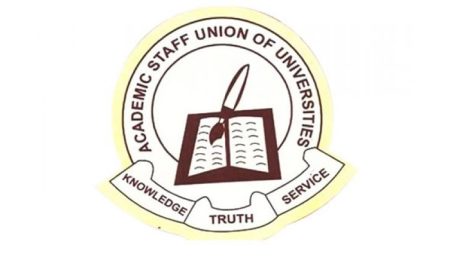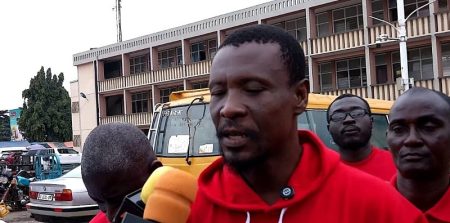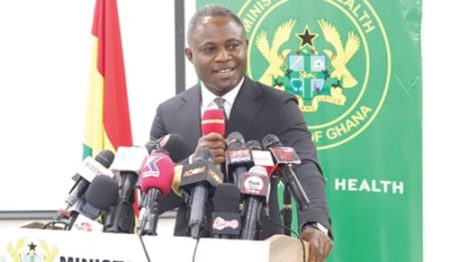The recent resurgence of conflict in Bawku, a town in the Upper East Region of Ghana, has sparked a wave of political accusations and counter-accusations, further exacerbating the already volatile situation and deepening the suffering of the residents. Ama Pratt, the Press Secretary at the Office of the Vice President, has strongly condemned the politicization of the conflict, emphasizing the need for unity and a focus on alleviating the plight of the affected communities. Her concerns stem from allegations made by Dr. Ekua Amoakoh, a communicator for the ruling New Patriotic Party (NPP), who blamed the opposition National Democratic Congress (NDC) and former President John Dramani Mahama for allegedly fueling the conflict for political gain.
Dr. Amoakoh’s claims, aired on Metro TV’s Good Morning Ghana program, accused the NDC of openly supporting one of the factions involved in the Bawku conflict and even implicated then-Vice President Dr. Mahamudu Bawumia in supplying arms to certain groups. These accusations have been met with strong rebuttal from Ama Pratt, who, appearing on the same program, described the politicization of the conflict as dangerous and counterproductive. She argued that focusing on political point-scoring only serves to deepen the suffering of the people of Bawku, who have already endured significant loss of life and property due to the ongoing violence.
Pratt emphasized the urgent need to prioritize the well-being of the Bawku residents, calling for a cessation of hostilities and a concerted effort towards peacebuilding. She stressed that the focus should remain on addressing the humanitarian crisis unfolding in the region, rather than engaging in political blame games that only serve to escalate tensions. Pratt reiterated her commitment to advocating for peace and stability in Bawku, highlighting the devastating impact the conflict has had on the lives and livelihoods of the people in the area. Her call for de-escalation and a focus on humanitarian efforts resonates with the urgent need for a resolution to the conflict that prioritizes the welfare of the Bawku community.
The renewed clashes in Bawku have resulted in reported deaths, widespread insecurity, and even attacks on school campuses, further disrupting the lives of children and jeopardizing their education. This escalation of violence underscores the urgency of finding a lasting solution to the conflict and addressing the root causes of the unrest. Pratt’s stance against politicization highlights the importance of collaborative efforts from all stakeholders, including political actors, community leaders, and security agencies, to work towards a peaceful resolution.
The politicization of the Bawku conflict not only impedes efforts to achieve lasting peace but also undermines the trust between the communities involved and the government’s commitment to resolving the crisis. When political actors engage in finger-pointing and blame games, it creates a climate of distrust and suspicion that makes it even more challenging to build consensus and foster reconciliation among the warring factions. This underscores the critical need for responsible and constructive engagement from all political parties, prioritizing the welfare of the people of Bawku over political expediency.
Ultimately, the focus should be on addressing the root causes of the conflict, fostering dialogue and reconciliation among the affected communities, and providing the necessary support and resources for rebuilding and healing. This includes addressing issues of land ownership, resource allocation, and the underlying socio-economic factors that contribute to the tensions. A comprehensive approach that involves community engagement, conflict resolution mechanisms, and sustainable development initiatives is crucial for achieving lasting peace and stability in Bawku and ensuring the safety and well-being of its residents. Only through collaborative efforts and a commitment to prioritizing human lives over political gains can a lasting solution be found for the conflict in Bawku.














